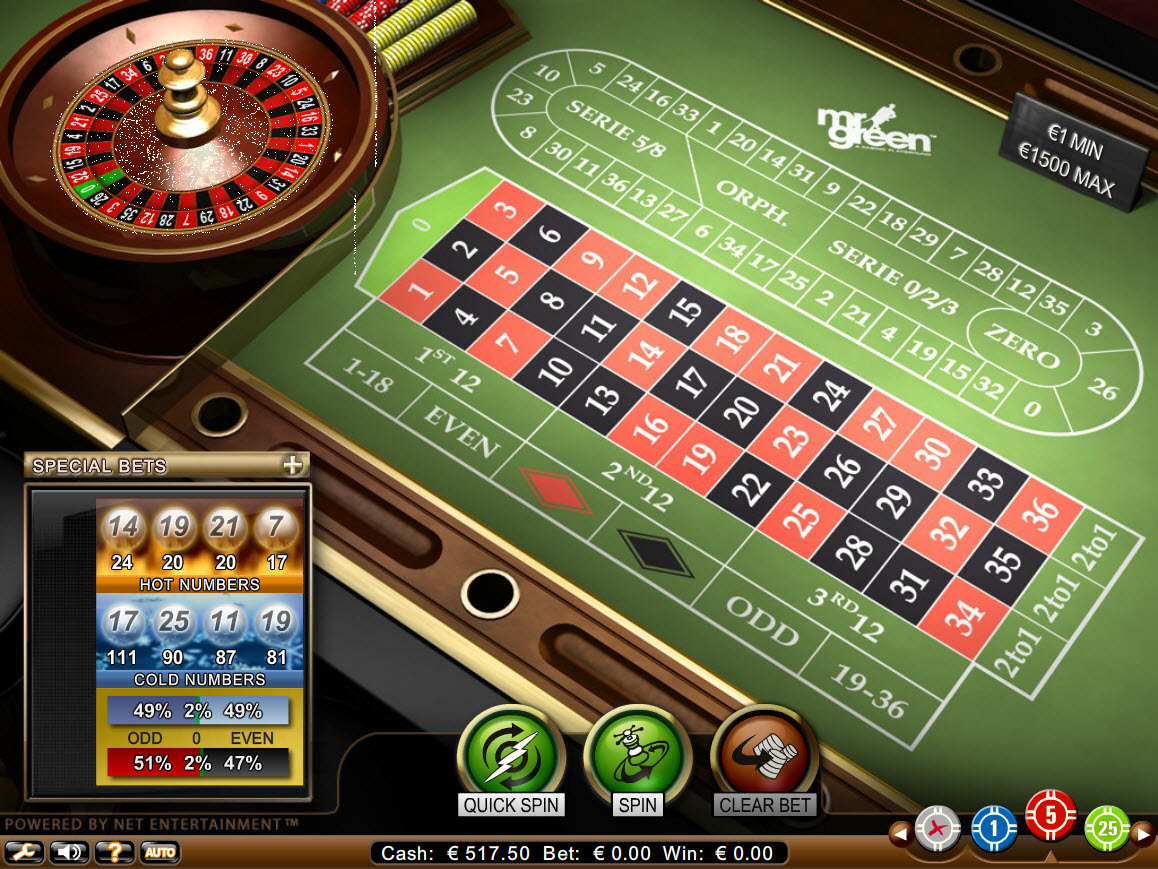
Casino offerings have been a source amusement and thrill for countless players around the world. One of the key factors that renders these games captivating is the variety of cards used in different types of games. Understanding the various kinds of cards can enhance your gaming experience and refine your gameplay strategies. Regardless of whether you are drawn to traditional card games like Texas Hold’em and 21 or newer casino offerings, each game depends on a unique set of cards that affects the rules and the rhythm of play.
In casino environments, cards come in several forms, each tailored to meet the requirements of specific games. From regular decks to custom card types, the diversity plays a key role in shaping the dynamics of each game. By acquainting yourself with these cards and their uses, you can achieve deeper insights into the games and make better decisions at the table. This understanding not just enhances your gaming experience but also contributes to a more sophisticated approach to your chances of winning.
Types of Playing Cards
When discussing casino games, the kind of playing cards used can greatly impact the gameplay and tactics. The most frequent deck is the traditional 52-card deck, which consists of 4 suits: clubs, and spades. Each suit contains thirteen ranks, from Ace to king. This traditional deck is essential in numerous games, such as poker, where gamblers aim to form the best hand possible or get as close to 21 as they can.
Some casino games use unique decks specifically designed for those games. For example, the well-known game of baccarat often employs various decks shuffled together, typically 6 or 8. This not only increases the complexity of the game but also affects wagering strategies, as participants must consider the increased number of cards in play. Additionally, some games may bring in joker cards or wild cards, providing further variety and thrill to the gambling experience.
In niche games, specialized decks may come into play. For instance, in games like bridge or Pinochle, players might use specific rules with different card values or functions. These variations keep the gameplay new and allow for diverse strategies to appear. Understanding the different types of playing cards and their specific uses in different casino games is key to improving one’s gaming experience and boosting overall performance at the tables.
Card Modifications in Casino Activities
In casino games, the type of deck utilized can significantly affect both the play and the strategies used by participants. Most traditional playing card games, such as 21 and poker, typically use a regular 52-card deck. However, modifications do exist where extra jokers or even several packs are used. For example, in 21, some gaming establishments may employ one to eight packs, which can change the probabilities and the basic strategy required to play optimally. casino stranieri che accettano italiani Participants must be aware of the set of cards composition, as it influences the casino advantage.
Another common variation in casino playing card games is the use of specialized or custom decks. For instance, some poker games might use a set of cards that includes unique images or patterns, which can enhance the atmosphere at the gaming table. These custom decks often serve to distinguish between different game types or loyalty programs within the casino. While the standard rules of the game remain the same, the aesthetics can influence player involvement and satisfaction.
Finally, the shuffling methods employed with different kinds of decks can also impact play. Casinos often utilize automatic mixing machines that can randomly shuffle several packs effectively, making card counting more difficult. The rate and method of mixing can differ widely based on the game and the casino’s rules. Comprehending these card modifications is important for any participant looking to improve their tactics and overall enjoyment in gaming activities.
Value of Card Worth
In casino activities, the worth of every playing card plays a crucial role in deciding the consequences of various activities. Various games assign unique values to playing cards, influencing strategies and gamer choices. For case, in blackjack, playing cards ranging two through ten are rated at their face value, while face cards hold a value of ten, and the Ace can be valued either one or eleven. Understanding these worths allows gamers to make knowledgeable choices during play, improving their chances of winning.
In the same way, in the game of poker, the value of card values extends to hand and combination rankings. Strong playing cards can form more powerful combinations, such as two of a kind, straights, or flushes, which are crucial for success in the activity. Gamers must assess not only their personal hand but also potential combinations their opponents might hold. This strategic complexity adds interest and complexity, making card worths a important element in poker’s attraction.
Additionally, the psychological element of playing card values cannot be dismissed. Players may use the knowledge of playing card worths to deceive or confuse their opponents. By grasping how a card’s worth can affect the game’s dynamics, players can more effectively navigate risks and rewards, creating a stimulating environment in casino games. Whether playing for fun or for real cash, awareness of playing card worths significantly affects the overall playing experience.
